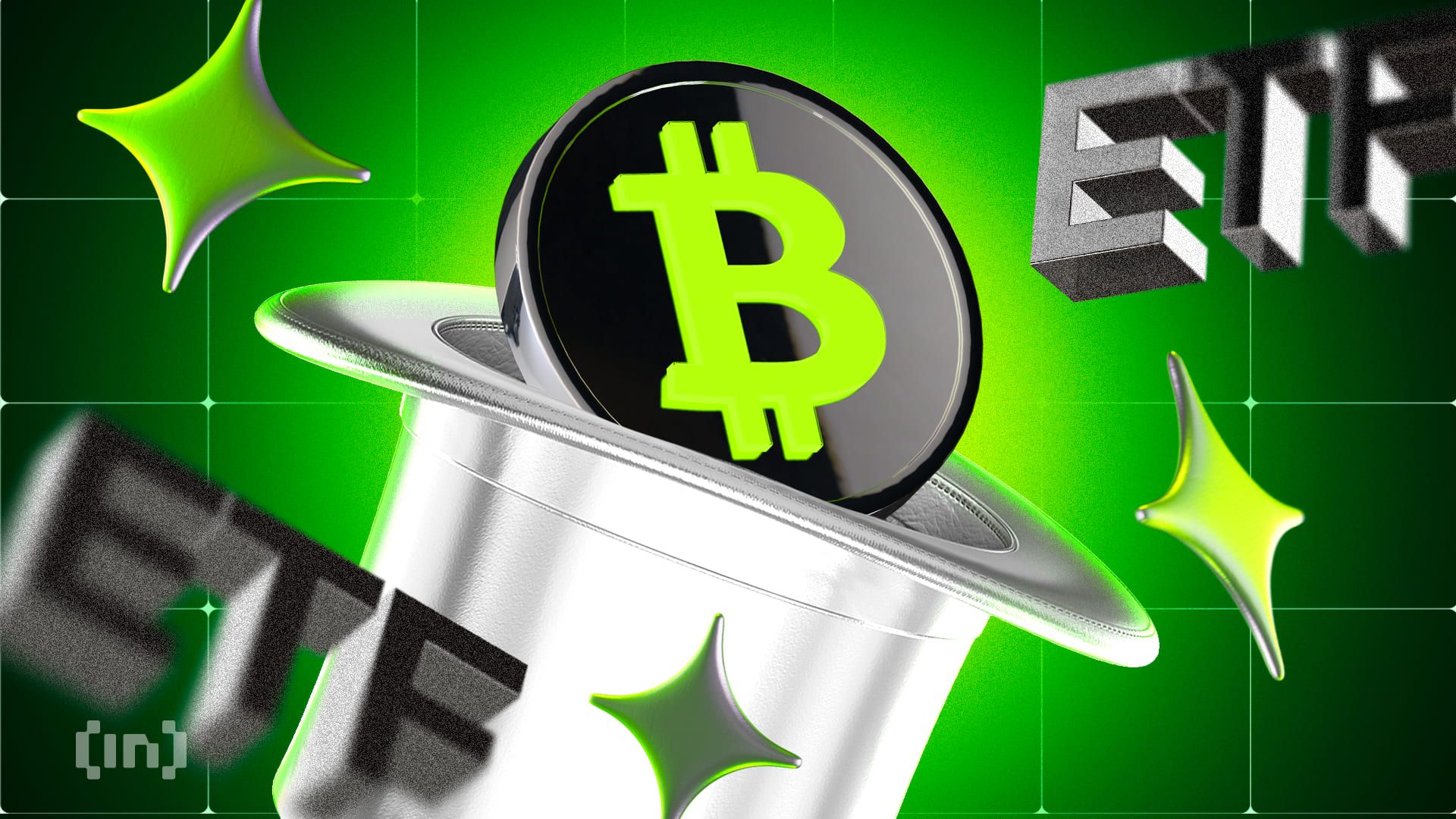
Bitcoin ETFs: A Game-Changer in Investment Portfolios
The cryptocurrency market is buzzing with excitement as Bitcoin ETFs have delivered approximately 100% returns since January 2024, equaling the performance of gold ETFs and doubling the S&P 500’s impressive 45% gain. This significant milestone raises intriguing questions about the place of Bitcoin in modern investment portfolios.
According to BlackRock’s People & Money Report, around 44% of first-time ETF buyers are planning to allocate funds into cryptocurrency ETFs within the next year. What’s even more striking is that younger investors, particularly those under 45, are at the forefront of this rising trend.
Is Bitcoin Emerging as Digital Gold?
Since the launch of spot Bitcoin ETFs in January 2024, their returns have mimicked the steady growth of gold ETFs, which has prompted many to reassess Bitcoin’s long-held narrative. Is Bitcoin a speculative, high-risk asset, or can it be considered a stable store of value akin to gold?
Nate Geraci, president of the ETF Store, noted this surprising parity, remarking on how Bitcoin’s volatility seems to have stabilized compared to its earlier years. Nevertheless, while Bitcoin may now demonstrate gold-like returns, its inherent risks and market fluctuations continue to concern traditional investors.
The Institutional Effect on the Crypto Landscape
Institutional backing has played a pivotal role in legitimizing cryptocurrency investments. A recent example is BlackRock’s large transfers of cryptocurrencies to Coinbase. The asset management giant moved vast sums, including 4,880 BTC worth $467 million and 54,730 ETH valued at $176 million. While these activities could suggest potential liquidity-related sales, they also highlight the growing involvement of institutional entities in the crypto ecosystem.
Such moves are not without consequences. As Kyle Doops recently speculated on X (formerly known as Twitter), institutional transfers can trigger market dips or swings due to the sheer scale of assets being moved. Whether Bitcoin prices dip below the $100,000 mark remains to be seen, but these developments will undoubtedly keep both retail and institutional investors on their toes.
Crypto Adoption Among Millennials and Gen Z
A generational shift is occurring in the investment world. Younger investors are integrating cryptocurrencies like Bitcoin and Ethereum into their portfolios. This change is occurring alongside a growing demand for innovative financial products such as ETFs, which provide a more accessible entry point for those interested in tapping into the cryptocurrency market without directly buying and managing digital coins.
For those entering the crypto space, having a reliable and diversified strategy is essential. One way to test the waters is through products like the Vanguard Digital Advisor, which assists in combining traditional assets with new financial tools like crypto ETFs to create balanced, long-term portfolios.
The Bottom Line: High Risk, High Reward?
The debate over Bitcoin’s role in investment portfolios is far from settled. Should Bitcoin be treated as a “digital gold” offering stability in turbulent times, or is it better suited as a high-risk, high-reward option, similar to equities?
As younger generations continue to embrace crypto ETFs and institutional investments add new layers of complexity, 2026 promises to be a defining year for the cryptocurrency market. Balancing risk and return will remain paramount for investors navigating this rapidly evolving space.
Stay informed about the latest developments in crypto, and don’t forget to explore innovative solutions if you’re considering crypto ETFs. The market is still young but bursting with potential. Will you become part of this next wave of financial innovation?






